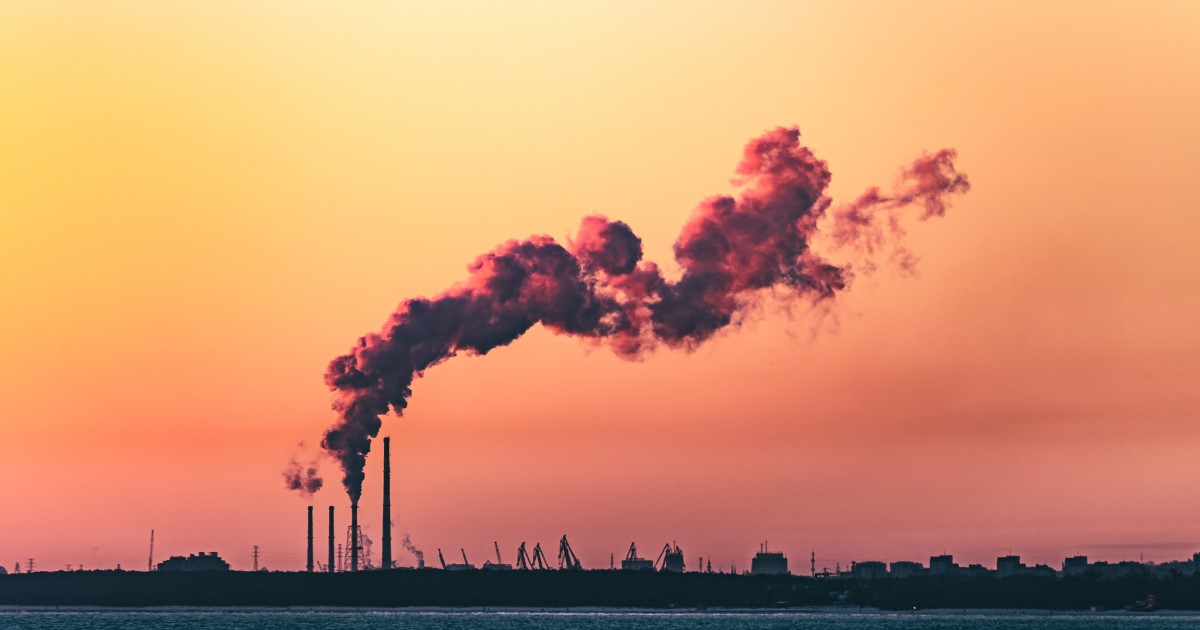As explained by WWF, global warming is an aspect of climate change, referring to the long-term rise of the planet's temperature. An increased amount of greenhouse gases in the atmosphere are causing the rise in temperature, which are mainly produced from human activities. The below points highlight the three main causes of global warming:

1. Burning Fossil Fuels
When fossil fuels are burned, large amounts of carbon dioxide are released into the air. Carbon dioxide is a greenhouse gas, which traps heat in our atmosphere, causing global warming. If temperatures continue to raise above 1.5°C, sea levels will continue to rise, cause extreme weather, biodiversity loss and species extinction, as well as food scarcity, worsening health and poverty for millions of people worldwide. In 2018, 89% of global CO2 emissions came from fossil fuels and industry. [ClientEarth] Solutions:- Reduce the amount of coal and gas generated electricity
- Opt for renewable energy sources such as solar and wind
- Join movements fighting to act against climate change

2. Deforestation & Tree-Clearing
Carbon dioxide from the air is absorbed by plants and converted into oxygen, therefore playing a crucial role in regulating the climate. Forests and bushland act as carbon sinks, helping to regulate global warming. Unfortunately, due to farming, urban and infrastructure development, large areas of vegetation around the world have been destroyed. Trees are also cut down for tree products such as timber and palm oil. The carbon stored in vegetation is released back into the atmosphere as CO2 when these are removed or burnt, contributing to global warming. Up to 20% of global greenhouse gas pollution comes from deforestation and forest degradation. Solutions:- Prevent deforestation and cutting down trees
- Plant more trees through reforestation and afforestation
- Shop sustainably
- Help push for the introduction of stronger laws to stop excessive tree-clearing
3. Agriculture & Farming
Greenhouse gas in the form of methane is produced by animals, mainly from cattle which are raised for both beef and milk, as well as for inedible outputs like manure. Cows are the animal species responsible for the most emissions, representing about 65% of the livestock sector’s emissions. They are followed by pig meat, buffalo milk and meat, chicken meat, and eggs. Total emissions from global livestock amounts to 7.1 Gigatonnes of CO2-equiv per year, representing 14.5% of all human caused greenhouse gas emissions [FOA]. Solutions: Opt for eating less meat, either by going for smaller portions or even better would be to eliminate it from your diet by shifting to plant-based options.SIGN UP FOR OUR NEWSLETTER
Sources: Causes of global warming, https://www.wwf.org.au/what-we-do/climate/causes-of-global-warming#gs.fbguax, [Accessed 03 November 2021] Key facts and findings, https://www.fao.org/news/story/en/item/197623/icode/, [Accessed 03 November 2021] 2020, Fossil fuels and climate change: the facts, https://www.clientearth.org/latest/latest-updates/stories/fossil-fuels-and-climate-change-the-facts/, [Accessed 03 November 2021]The information contained herein is for general information purposes only. APS Bank plc will not be held responsible or liable in any manner for any of the information contained herein. While APS Bank plc has made every attempt to ensure that the information contained herein has been obtained from reliable sources, APS Bank plc will not be held responsible for any errors, omissions or inaccuracy, or for the results obtained from the use of this information. The primary purpose of these articles is to educate and inform. These articles do not constitute legal, medical or professional advice or service.

